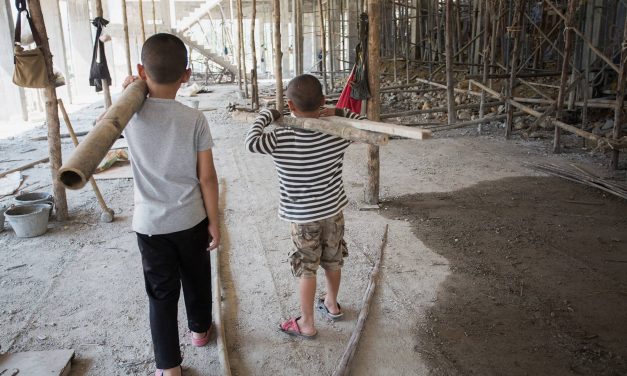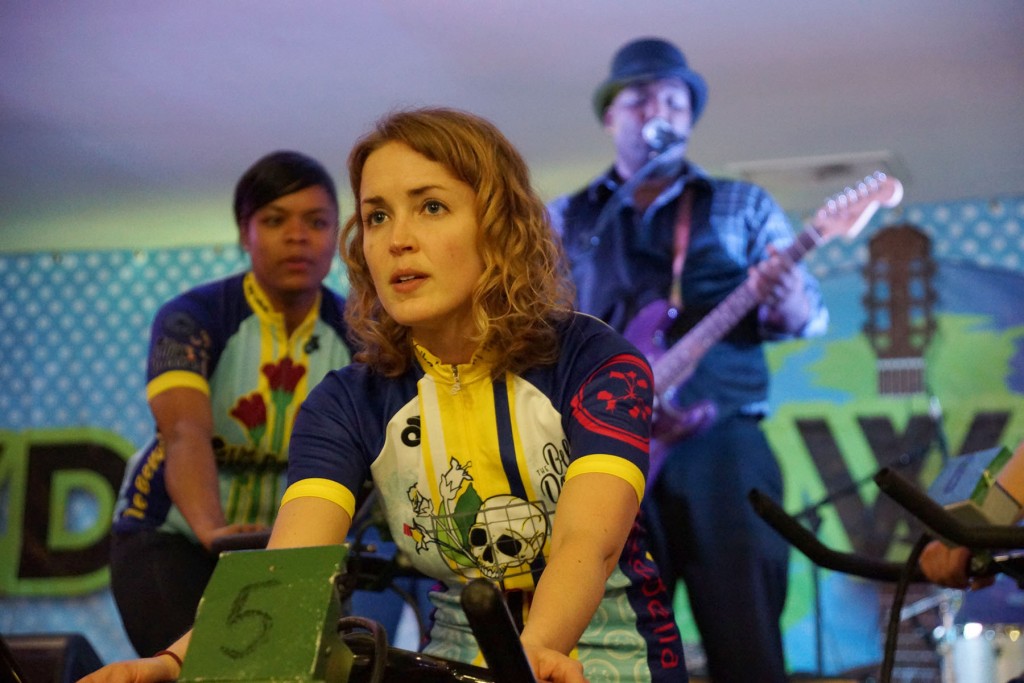Relationship Euphoria: Why the joys of Transgender families are lost in media coverage of anti-trans issues
By Derek P. Siegel, Ph.D. Candidate, Sociology, UMass Amherst Since the beginning of 2023, 49 U.S. state legislatures have introduced over 500 anti-trans bills. While mainstream media increasingly cover violence and legislative attacks against trans people, many scholars and activists worry that focusing just on violence and discrimination fails to capture the full experience of being trans. Drawing on the success of movements like the Black Joy Project, which uses art to promote Black healing and community-building, trans activists are challenging one-dimensional depictions of their community by highlighting the unique joys of being transgender. My research on trans parents...
Read More















